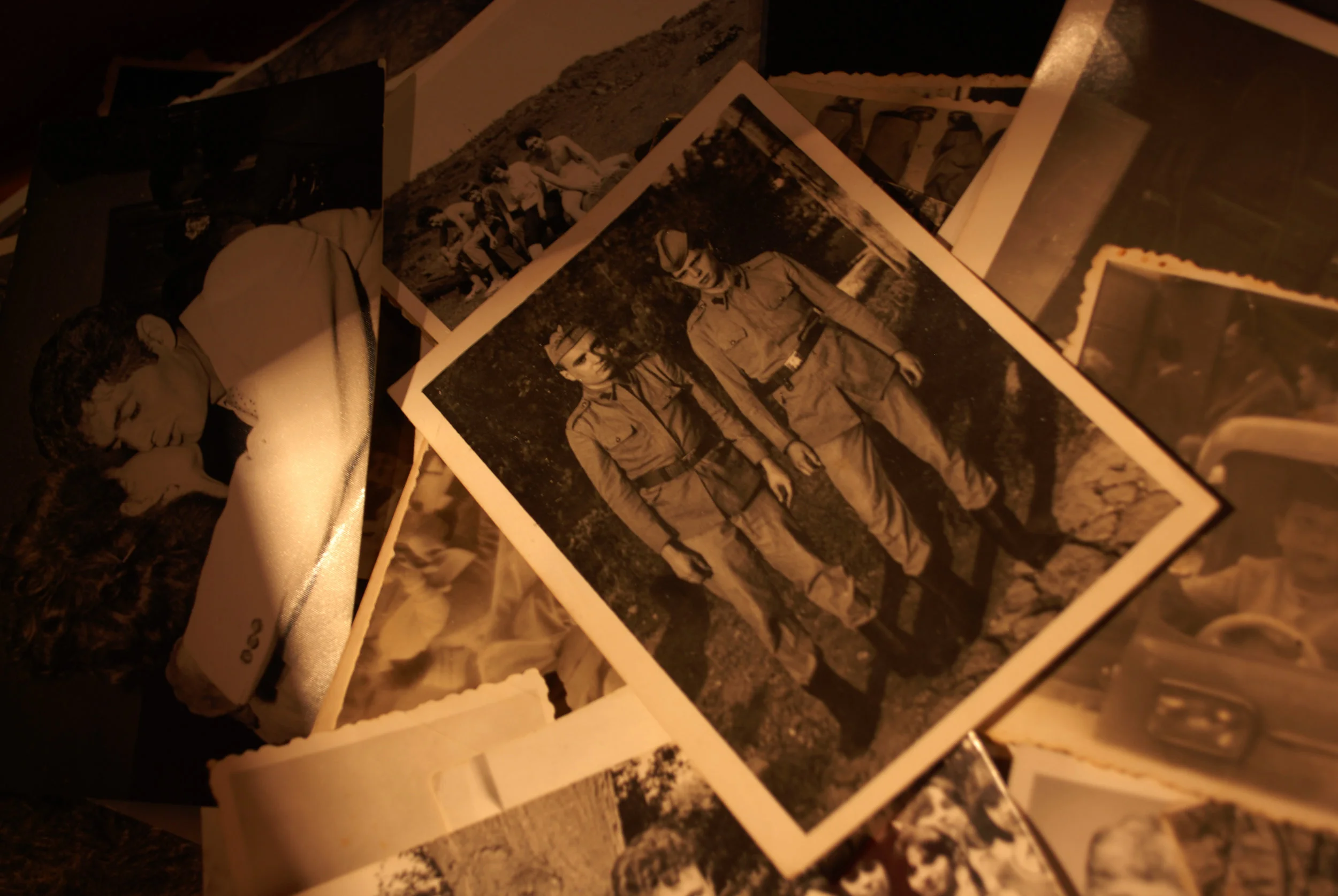Using an archives can be intimidating, especially if it’s your first time. When I teach my students how to visit archives, I highlight nine vital questions to ask themselves to make their time in an archives the most productive and fulfilling it can be.
Ask yourself:
Does the archives hold the records I need to consult? Is this the best place to find what I’m seeking?
You’ll have to do some initial research to determine if this archives has the materials you are looking for. Many finding aids are found online. These documents contain detailed information about specific collections, including historical notes, scope and content, date ranges, and restrictions. If you cannot find the information on the archives’ website, a call or email to the archivist will provide more information.
What materials are the most helpful for you to consult?
Prioritize your requests. Since your research time is limited, examine the most important collections first.
Do I need to make an appointment to visit the archives?
The short answer is probably yes. Having an appointment allows the archivist to prepare the documents for your visit, as well as ensuring that there is adequate reference support and security at the archives. This is especially important if you are traveling to visit an archives. Never assume that you can just show up.
Do I need identification? Do I need to provide evidence of my affiliation, such as a letter from a university?
The archives’ website will provide information on what identification you will need to access the archives. In my experience with American archives, I’ve only needed a driver’s license. International or specialized archives may ask for additional requirements.
Are the records I need to consult held on-site? Will I need to order them in advance of my visit? If the latter, how long will that take?
In many cases, the archival records may be held in facilities outside of the archival institution. Deliveries of archival materials may be made once or twice a week. For materials that are held on-site, the call times may be as needed or at certain times of the day. In both instances, these set times allow maximizing the retrieval efforts with limited resources. Finding aids may help you determine where the materials are kept; information on the archives’ website will inform you on call or delivery times. Plan ahead so that you do not spend your visit waiting for the materials to arrive.
What am I allowed to take into the archives? Are items, such as pens, extra paper, cell phones, or cameras restricted?
Often, you will have to check your coats, bags, and other items in lockers during your visit. Always bring pencils because no archives will let you bring in pens. Knowing what items are restricted before you visit reduces any surprises.
How long will it take to read the relevant documents? Is more than one visit necessary?
This question is more about yourself than the archives. How long can you sustain critical reading? Take short breaks as you work. Can your research be completed in one visit? Or would it make sense to schedule more visits? In some cases, if the archivist knows that you are coming back, he or she can temporarily keep the materials on-site for your return.
Is it possible to photograph, scan, or photocopy the documents? Is there a charge for these services?
Some materials may already be digitized online. Others may be scanned or photocopied for you, but will come with a cost. If you’re allowed to bring in a camera or your phone, you may be able to take pictures of the documents for later reference. Always ask about what your options are.
How do I cite these collections?
Note any unique identifications assigned to the materials such as collection titles or call numbers. Finding aids usually note what the correct citation should be. If you need to reference something in the materials again, or if another researcher tries to trace your sources later, citations will help the archival staff locate the materials. Plus, it’s the right thing to do, research-wise.
I hope these pointers allow you to maximize your time and efficiency and to help your research process go smoothly. Always ask the archival staff for help. Archivists are a friendly group of people (yes, really!), and we love helping people conduct stellar research.
I’d love to hear the tips you use during your archival visits.
GET STARTED
Looking for archival advising, records management, and historical research services? Click below to speak with an expert consultant.
























